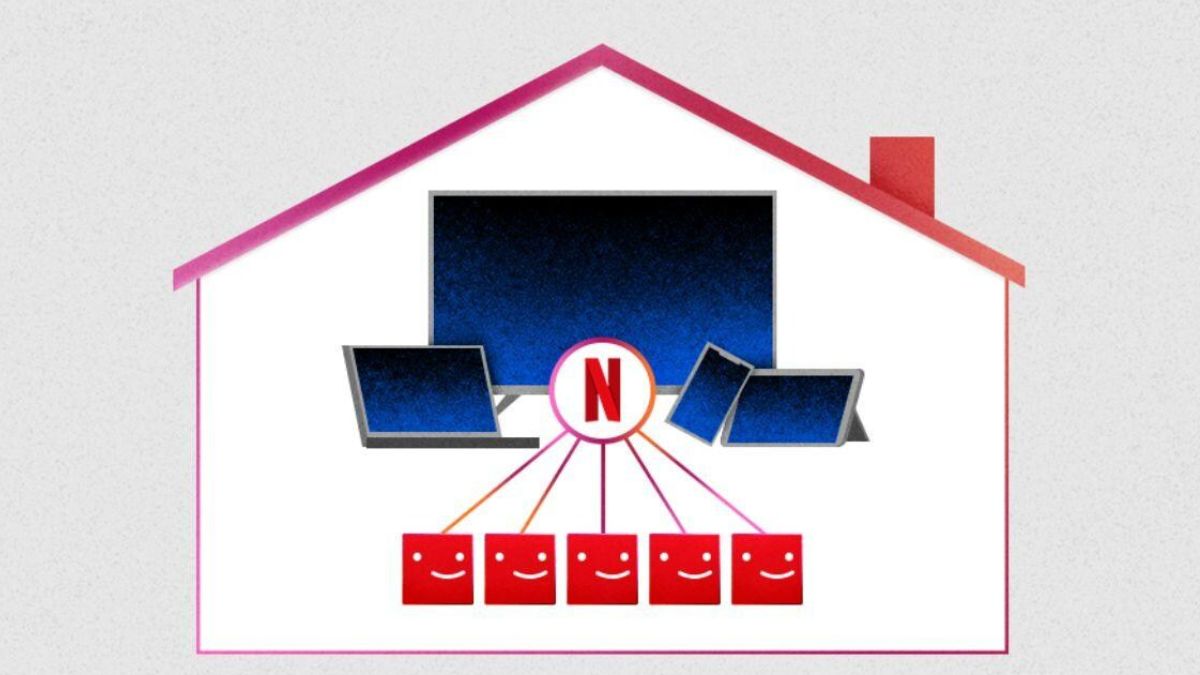Netflix will soon end its password-sharing policy for subscribers as researchers inside Netflix Inc. identified password sharing as a major problem eating into subscriptions in 2019. The company wanted to address this issue early in 2019 but the Covid lockdown in 2020 brought in new subscribers which prevented in devising a solution however with the situation coming back to normal, many people have failed to renew their subscriptions and several users are using a single subscribed account to access the content through password sharing.
At a company gathering outside Los Angeles early this year, Co-Chief Executive Reed Hastings told senior executives that the pandemic boom had masked the extent of the password-sharing issue and that they had waited too long to deal with it which resulted in losses to the company.
In early 2021, Netflix began to test messaging with some members that said “if you don’t live with the owner of this account, you need your own account to keep watching.” The language spurred negative press coverage and consumer blowback. Netflix never rolled out the messaging across its whole user base.
This strategy is quite ironic on the part of the company as it once tweeted, “Love is sharing a password.”
Love is sharing a password.
— Netflix (@netflix) March 10, 2017
Starting soon, these measures will be rolled out in Canada, New Zealand, Portugal, and Spain, and will include a new way for members to set a primary location, manage account access and devices, transfer profiles, and watch while traveling.
Members will also be able to buy an extra member account for up to two people they don’t live with. This new feature will cost CAD$7.99 per person per month in Canada, NZD$ 7.99 in New Zealand, Euro 3.99 in Portugal, and Euro 5.99 in Spain.
Netflix also debated how to address families in which children split time between two parents’ homes, the people said. One approach the company has discussed is allowing subscribers to let Netflix know if they are shifting to a different geographic location for some time.
In markets such as India, people often watch Netflix on their mobile phones and stream it over cellular networks, people familiar with the matter said. That makes it harder for Netflix to determine who lives in a household, compared with when users stream over shared Wi-Fi or wired broadband connections.


